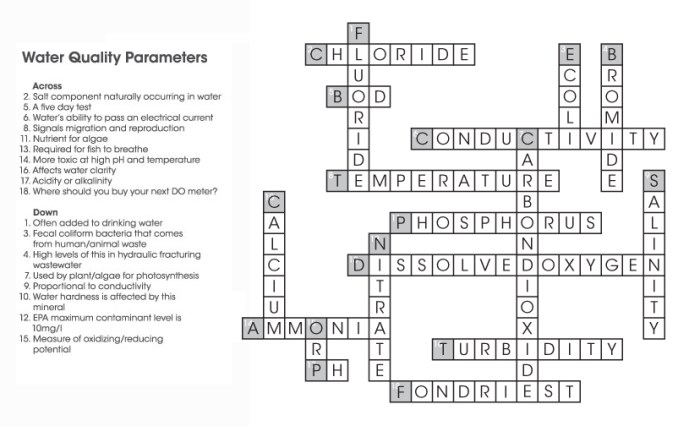Embark on an enigmatic journey into the realm of science with our Methods of Science Crossword Puzzle. Discover the intricacies of the scientific method, unravel the mysteries of observation and data collection, and delve into the thrilling world of hypothesis testing and experimentation.
Brace yourself for a captivating exploration of scientific communication, where knowledge is shared and scrutinized, shaping our understanding of the universe.
Within this crossword puzzle, you’ll encounter clues that test your knowledge of the scientific method, from formulating hypotheses to analyzing experimental data. As you solve each puzzle, you’ll gain a deeper appreciation for the rigorous process of scientific inquiry and its profound impact on our world.
Scientific Method
The scientific method is a systematic approach to the study of natural phenomena. It involves making observations, forming hypotheses, conducting experiments, and analyzing data to test those hypotheses.
The scientific method is used in a wide variety of fields of science, including physics, chemistry, biology, and psychology. In each field, the scientific method is used to investigate different types of phenomena and to test different hypotheses.
Strengths of the Scientific Method
- The scientific method is a systematic and objective approach to the study of natural phenomena.
- The scientific method is based on evidence and data, which helps to ensure that the results of scientific research are reliable and valid.
- The scientific method is a self-correcting process, which means that it is constantly being refined and improved as new evidence is discovered.
Limitations of the Scientific Method
- The scientific method can be time-consuming and expensive.
- The scientific method cannot be used to study all types of phenomena, such as those that are subjective or cannot be observed directly.
- The scientific method is not always able to provide definitive answers, especially in complex systems.
Observation and Data Collection: Methods Of Science Crossword Puzzle

Observation is the process of gathering information about the natural world through the senses. Observation can be used to collect data on a wide variety of phenomena, such as the behavior of animals, the growth of plants, or the movement of celestial bodies.
Data collection is the process of systematically recording and organizing observations. Data can be collected in a variety of ways, including through surveys, interviews, and experiments.
Types of Data
- Qualitative data is data that is descriptive in nature, such as the color of a flower or the sound of a bird.
- Quantitative data is data that is numerical in nature, such as the height of a tree or the weight of a person.
Hypothesis Testing
A hypothesis is a proposed explanation for a natural phenomenon. Hypotheses are typically based on observations and data, and they can be used to predict the outcome of future experiments.
Hypothesis testing is the process of testing a hypothesis by conducting an experiment. In an experiment, the hypothesis is tested by comparing the results of the experiment to the predictions that were made based on the hypothesis.
Types of Hypotheses
- A null hypothesis is a hypothesis that states that there is no difference between two groups or treatments.
- An alternative hypothesis is a hypothesis that states that there is a difference between two groups or treatments.
Experimentation
An experiment is a controlled study in which one or more variables are manipulated to determine the effect of those variables on another variable.
Experiments are used to test hypotheses and to collect data on the natural world. Experiments can be conducted in a variety of settings, including laboratories, field sites, and even online.
Types of Experiments
- A controlled experiment is an experiment in which the experimenter controls all of the variables that could potentially affect the outcome of the experiment.
- A field experiment is an experiment that is conducted in a natural setting, such as a forest or a lake.
- A computer simulation is an experiment that is conducted using a computer model.
Scientific Communication
Scientific communication is the process of sharing scientific findings with other scientists and with the public.
Scientific communication can take a variety of forms, including journal articles, conference presentations, and public lectures.
Importance of Scientific Peer Review, Methods of science crossword puzzle
Scientific peer review is a process in which scientists review the work of other scientists before it is published.
Peer review helps to ensure that scientific findings are accurate and reliable.
FAQ Overview
What is the first step in the scientific method?
Observation and identification of a problem
What is the purpose of a hypothesis?
To provide a testable explanation for a phenomenon
What is the role of controls in an experiment?
To ensure that the results are not influenced by extraneous factors